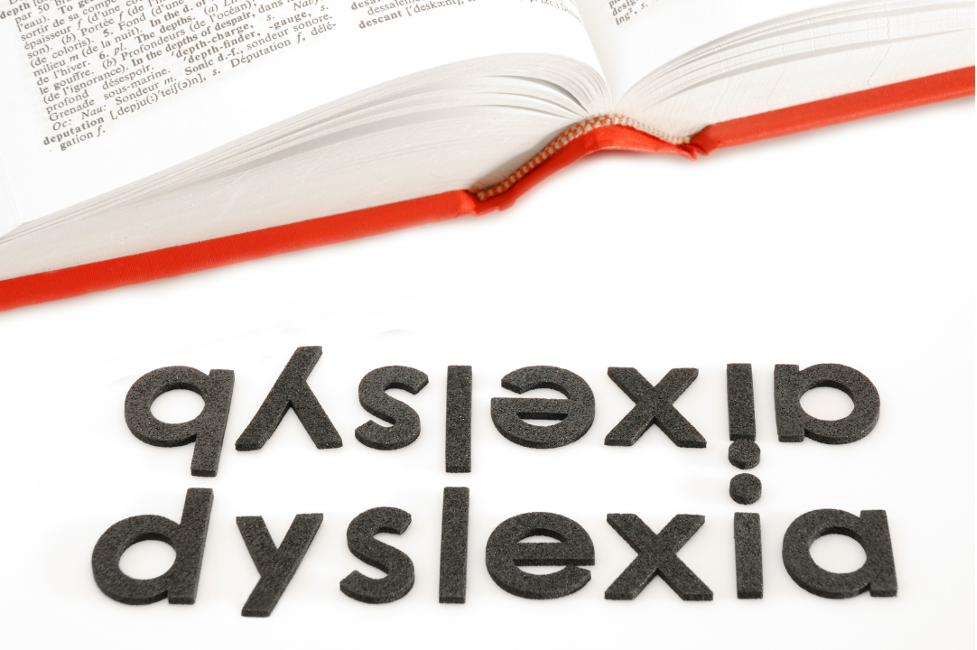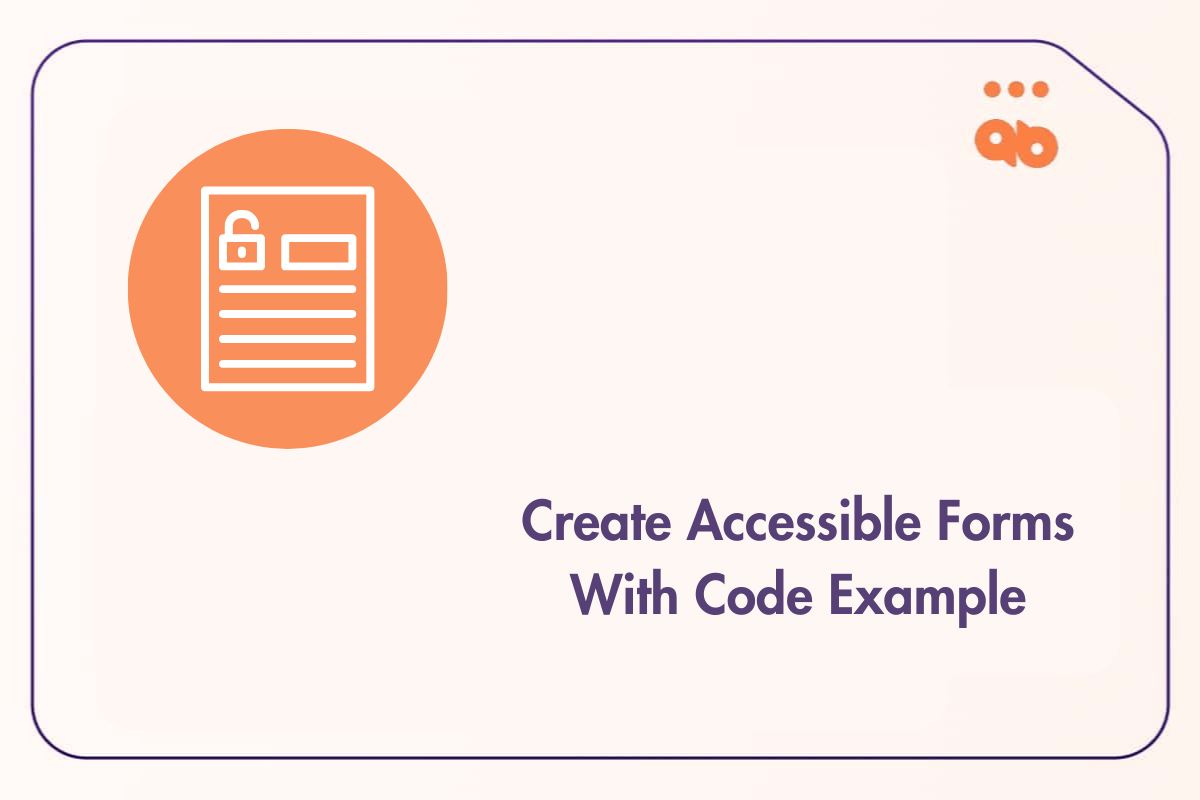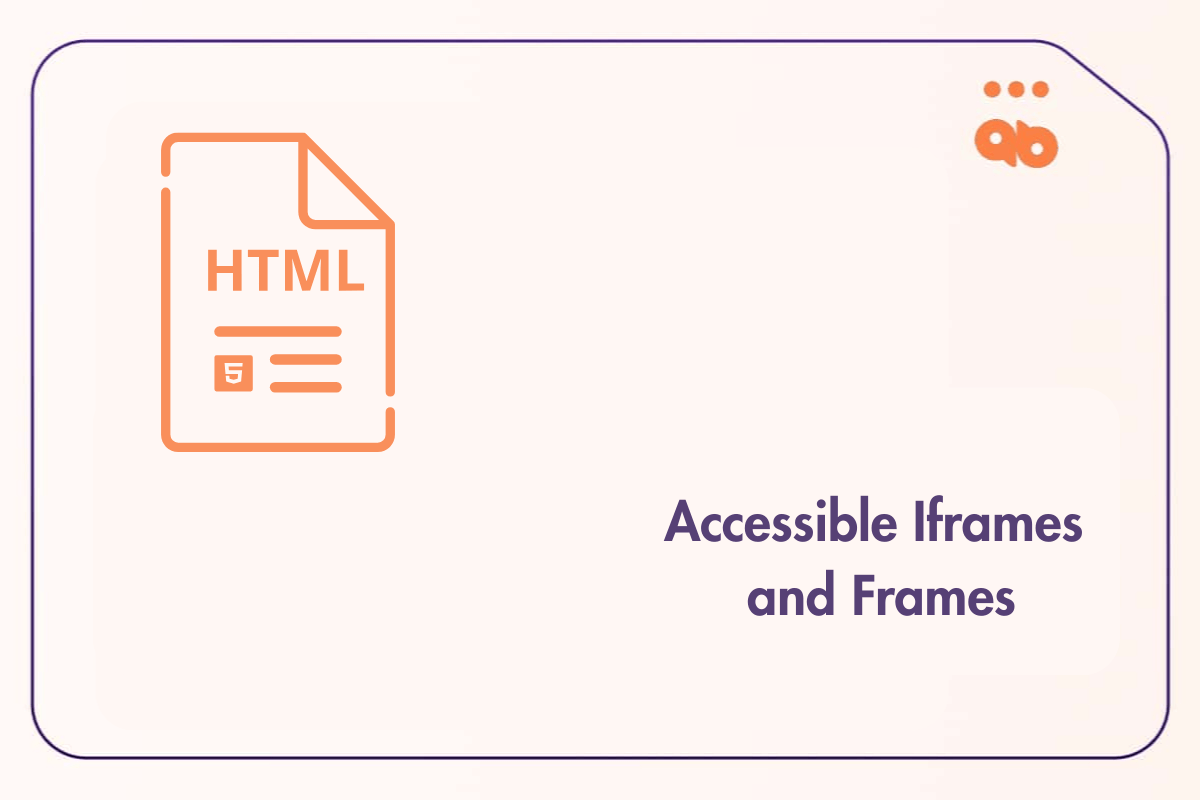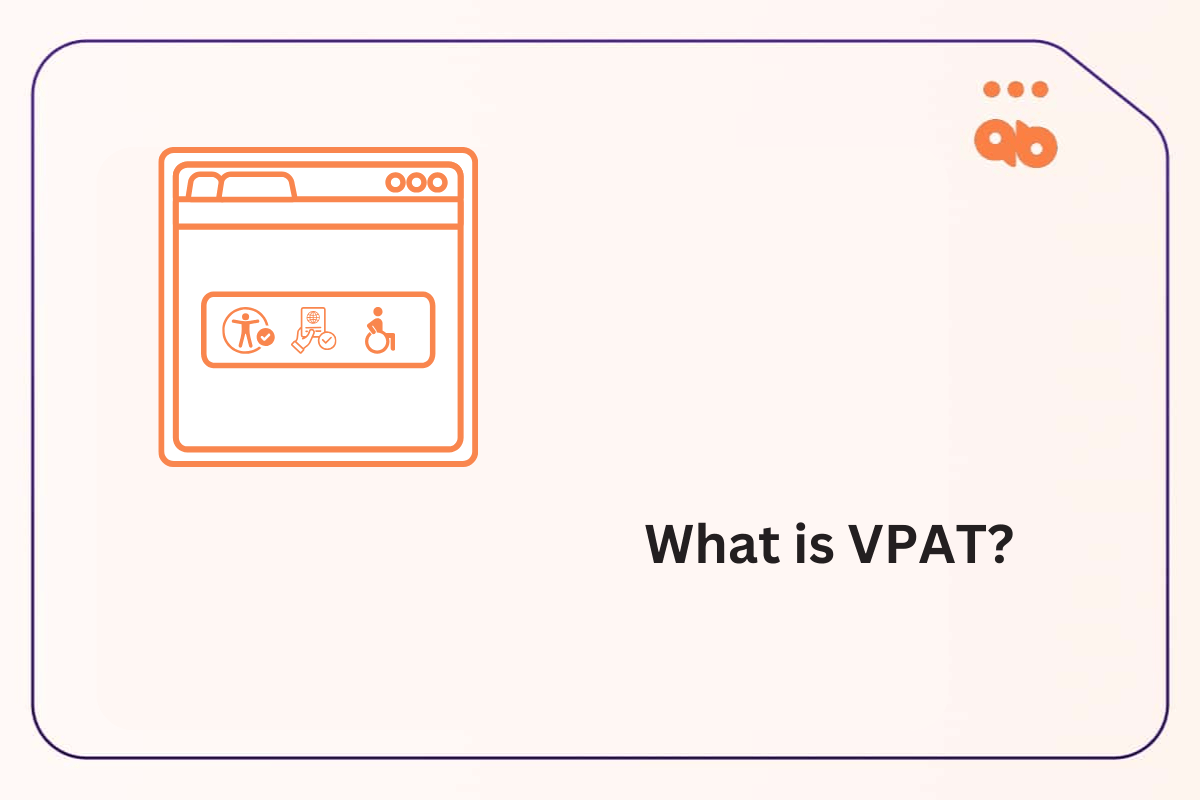Table of Contents
Introduction: Why is Dyslexia a Problem?
What is Dyslexia?
The definition of Dyslexia is a reading disorder that makes it challenging to identify words by sight alone. It is classified as a learning disability that can make reading comprehension, spelling, writing, and even math difficult.
Even though Dyslexia is one of the most common learning disabilities in the world, it is essential to know that it is not a problem of intelligence. Dyslexia is a condition that affects how people process information differently.
Nationally, Dyslexia affects nearly 15 – 20% of the American population.
https://dyslexiaida.org/
A common misconception is that only kids can have Dyslexia, but it affects adults who haven’t been diagnosed and treated as children. In most cases, there is no cure for Dyslexia, but there are alternate methods of learning that help manage challenging tasks.
There are numerous success stories of people who live with Dyslexia, including public figures like celebrities, scientists and political figures. Some of the well known Dyslexics are Albert Einstein, Da Vinci, Richard Branson, Steven Spielberg, Tom Cruise, Jim Carrey, John F Kennedy, and George Washington, to name a few.
What Causes Dyslexia?
The exact cause of Dyslexia hasn’t been determined yet, but it is known that genetics contribute to its development.
Geneticists have also found genes that could potentially cause problems with reading and processing skills, often related to Dyslexia. The most recent research suggests that Dyslexia is not only genetic but also familial. It often occurs within families, and a significant percentage of siblings of those with Dyslexia also have trouble reading. Almost half of the parents who have children with Dyslexia also suffer from it themselves.
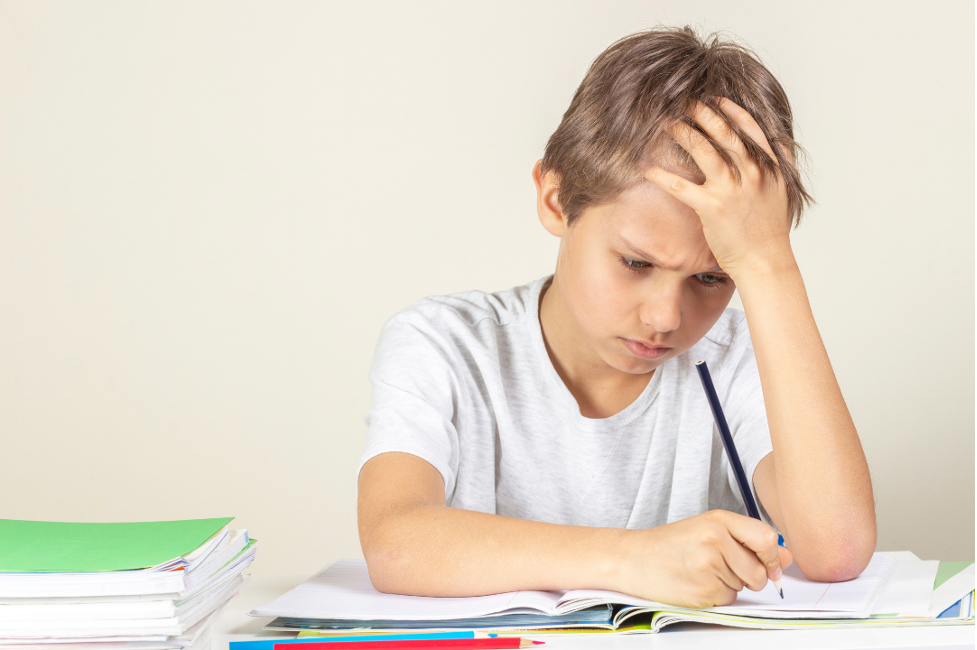
Signs and Symptoms of Dyslexia
Dyslexia is one of the most common learning difficulties. It can cause people to struggle with reading, spelling, and even writing at times. Around 15% of people have Dyslexia, and a whole lot of them say it’s hereditary. If someone in your family has Dyslexia, there is a possibility you might have it too.
If you’re unsure about whether you have Dyslexia, I’ve put together a quick quiz. You can find it at the bottom of the article. It will give you an indication of whether or not there’s a problem.
Dyslexia as a condition varies in severity by age group.
- The first age group is before school. These are the symptoms for kids that are in pre-elementary school, even before kindergarten.
a. Talking late.
b. Learning new words slowly
c. Problems with word formation such as reversing sounds and words or confusing one word for another word. This happens especially when they sound very similar. Other problems in this stage are remembering the names of letters, numbers and colours.
d. The last symptom in this age group is difficulty learning nursery rhymes or playing nursery games.
2. The second age group is elementary school kids, and these typically run from kindergarten to sixth grade.
a. The reading level is below the average for the age group.
b. Problems understanding what they hear
c. Difficulty finding the right word while forming answers to questions.
d. The challenge of remembering the sequence of things
e. It’s difficult to tell the similarities and differences between letters and words. For example, mixing up a D and a B would be that kind of mistake.
f. The inability to sound out the pronunciation of unfamiliar words. The first time they come across a new word, they’ll have difficulty figuring out how it sounds.
g. The next one is difficulty spelling. (I still struggle with this one even as an adult).
h. The next one is spending an unusually long time completing tasks that involve reading or writing. When I was a kid, I struggled with homework assignments, especially if they involved reading. If a child is having difficulties with this particular type of assignment, there is a pretty good chance that they might have Dyslexia.
i. And the last one in this list is avoiding activities that involve reading, like reading aloud or participating in reading challenges. If the kids are exhibiting that kind of behaviour, that might be a case of Dyslexia.
3. Adolescents and adults make up the next category. Most of the people reading this probably fall into this category and might have experienced these symptoms at some point if they have Dyslexia. I’ll focus on a few signs, and if they’re not too dull, I might give my point of view on them as well.
a. Difficulty reading, including reading aloud. This is something I struggle with, and I’m pretty sure most of you guys struggle with this a lot too. Just as most skills can be improved through practice, reading is also another skill that can be worked on.
b. Slow reading and writing. People with Dyslexia naturally have issues with reading and writing, but there are lots of tools to help with this.
c. Spelling. If I have to pick one, this is my biggest issue. Spelling and grammar are not my strong suits, and when I write an email or an important post, I proofread it with an app like Grammarly. And if someone is available in the office (these were pre-COVID days), I would have them proofread that before sending it out.
d. Mispronunciation of words, names. This often happens to people with Dyslexia and me all the time. Sometimes I catch myself doing it, but sometimes I don’t even realize I’m doing it.
e. Trouble understanding jokes or expressions like idioms.
f. The next one here is spending an unusually long time completing tasks that involve reading and writing. Just like in school, this happens to Dyslexics, where it takes them a long time to process written and read things. If you have it, there’s a good possibility that you could have Dyslexia.
g. Difficulty summarizing a story.
h. Trouble learning a foreign language. Surprisingly this isn’t too hard for me, maybe because I’ve grown up speaking multiple languages.
i. Difficulty memorizing and difficulty doing math problems. I have had and still have problems with math.
Those are the symptoms that people in each given age group experienced. I know we’ve rushed through them, but I did make a test for you. It is at the bottom of the article, and it should take you less than 2 minutes to complete it. The result should help you decide if you have Dyslexia or not, and then you can do something about it.
Conclusion
We mustn’t just brush over it or forget that Dyslexia is an actual disability. To help those with the condition, we have to talk about it, diagnose it and provide support.
In conclusion, Dyslexia is a lifelong condition that often goes undiagnosed for a long time. It can be a severe disability and lead to significant problems in school and life. This can change by being more aware of the symptoms of Dyslexia, paying attention to the signs, and providing support for those diagnosed with this condition.
Disclaimer: I am not a certified professional, and the information provided here is based on my experience with Dyslexia. The test is not a formal clinical process but just an indication to point you in the right direction. If you feel you have Dyslexia, you should consult a medical professional.

